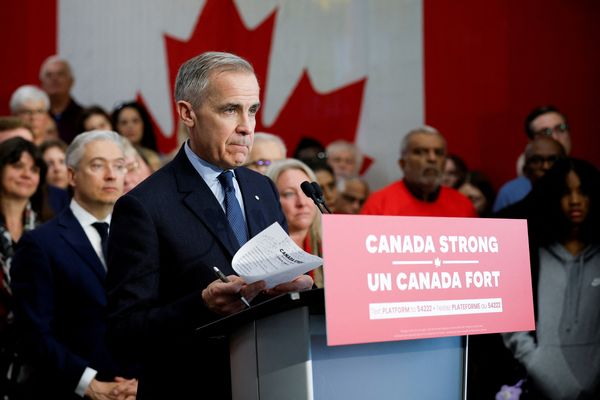
Short-term thinking
Surely we are at the stage where we do not need to constantly criticise players who have not reached the level a fan wants them to in the first few months of the season? We can all now look at Jack Grealish being integral to Manchester City’s title-winning side and realise what happens when someone with incredible talent is allowed a year to settle in. Grealish has worked out what he needs to do after making the big leap from doing what he wanted at Aston Villa to learning a new role in the best team in the world. This season, Darwin Núñez has been questioned after not providing the goods at Liverpool, while Antony’s consistency for Manchester United is under scrutiny. Players should be allowed time to show their worth; it does little good berating them for their failings after arriving in a new country to play at a higher level. That said, if they are still underwhelming at the end of next season: fill your boots.

Time-wasting
It is interesting to see longer periods of stoppage time being added in the final fortnight of the Premier League season. The concept mirrors what was happening during the World Cup, when we would regularly see eight or nine minutes stitched on to the end of the match. One of the reasons behind it is the modern love affair with running down the clock. Cramp is becoming rife within the game: everyone seems to suffer from it, whether it is goalkeepers or strikers. As injury time ticks on, players will then moan that they have been forced to make up the time they have been desperate to waste, complaining when the opposition score an equaliser despite setting up their own downfall.

Betting adverts
Everyone that attends a football match or watches one on TV is routinely bombarded by adverts from gambling companies that want people to put bets on the next goalscorer, corner or booking. Ivan Toney’s eight-month ban for breaching betting rules takes on a different perspective, when looking at a sport that is suffocated by the gambling industry. Eight of this season’s Premier League clubs had gambling logos on the front of their shirts, many from companies you have never heard of, further demonstrating how much joyous, plentiful profit there must be in the industry. There are plans afoot to stop the practice but it will not come into effect until 2026. Gambling sponsors should not worry, as it only prevents them from populating shirt-fronts. They can still take money from whacking logos on to sleeves or on all those shiny hoardings.
How to show respect
It was seen as a silly idea by many at the time to cancel every top-flight match because of the death of Queen Elizabeth II. All the Premier League suits were presumably desperate not to offend the royal family, and clearly thought the concept of Brighton playing Bournemouth would cause a meltdown at Buckingham Palace. Most would agree that, if policing was the issue, it would have been right to call off individual matches, but the postponements went all the way down the pyramid because football was so desperate to show it was grieving. It had an unhelpful knock-on effect with the schedule, with some teams losing another game when the funeral was announced. Matches should have gone ahead, giving thousands of fans a chance to pay their respects together inside stadiums, but everyone lacked the common sense to make it happen. Logic and football have never been great friends.

Doing a Brighton
It is often claimed that struggling teams could fix their problems by just copying Brighton’s model, and snapping up talented youngsters from all corners of the globe. Brighton have an incredible scouting structure that sees them identify targets in countries where they feel they can get greater value for money than shopping around in Europe and, specifically, England. Moisés Caicedo has been great, Alexis Mac Allister is a world beater and their latest South American talent, Julio Enciso, looks highly promising. These successes do not mean there is an endless conveyor belt of talent for clubs to pick up, however. Other teams copying Brighton and exploring untapped markets will just push up the price of the players and make the model inoperable. Clubs need to come up with their own, smarter methods to compete in the market, because taking Brighton as their example will not immediately lead to success.







